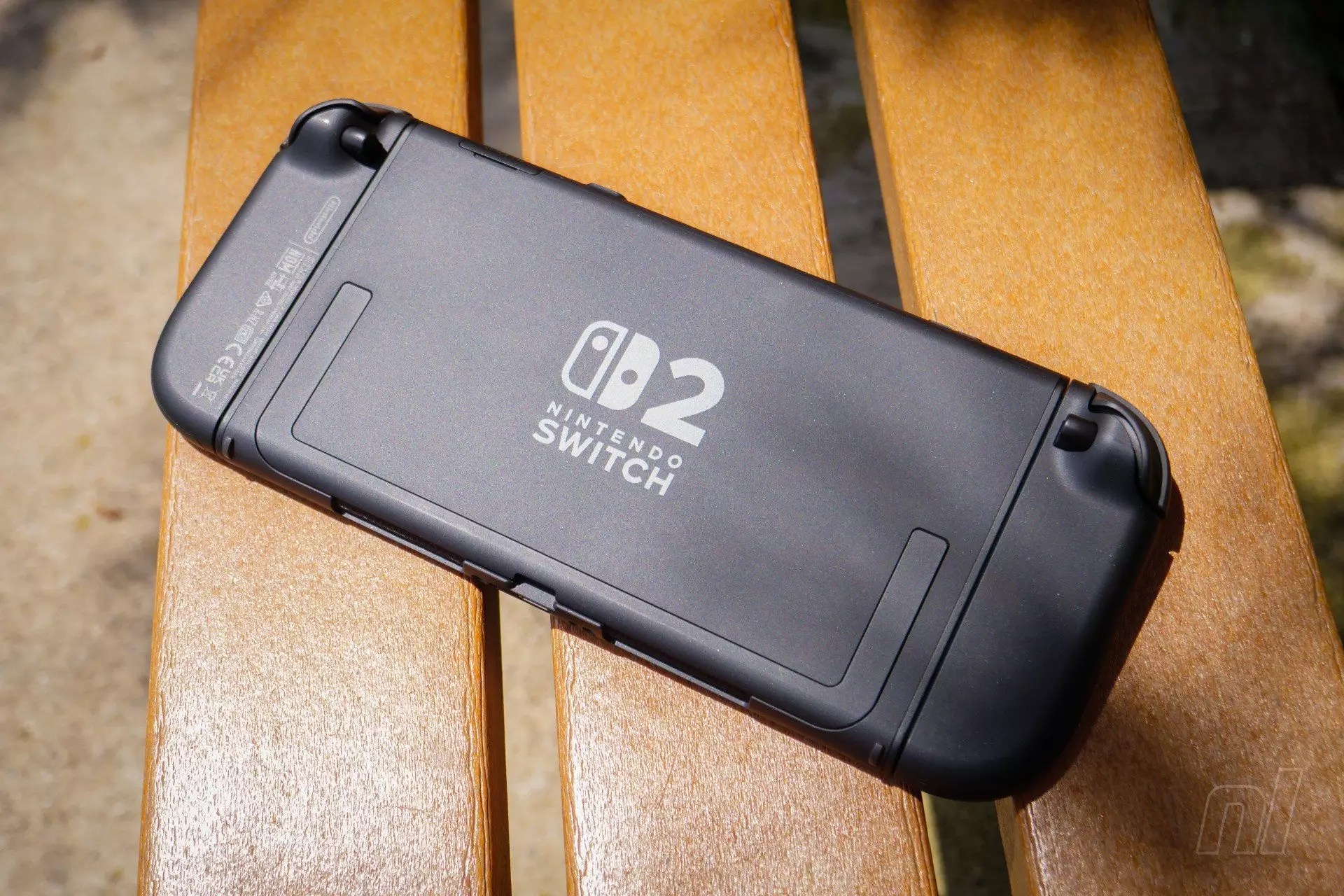In recent developments, Nintendo’s aggressive stance against piracy has taken a controversial turn that threatens the integrity of legitimate gaming experiences. While the company’s primary goal is to safeguard its intellectual property, its latest enforcement tactics seem to inadvertently punish honest consumers. The core issue revolves around the increasing difficulty faced by secondhand Switch owners who purchase physical games—specifically titles originally associated with the first-generation Switch—and find themselves locked out of their consoles due to seemingly arbitrary bans. This policy, while seemingly aimed at curbing piracy, raises fundamental questions about fairness, consumer rights, and the unintended consequences inflicted upon everyday players.
Decoding Nintendo’s Ban Mechanics: Protecting or Penalizing?
At the heart of these bans lies Nintendo’s sophisticated monitoring system that tracks unique hardware signatures, particularly those linked to game cartridges and online activity. The system appears to flag consoles that interact with duplicated or potentially tampered game content, even if the buyer is entirely legitimate. As highlighted in recent user reports, consoles can be banned if the system detects prior illegal modifications or even if a secondhand game cartridge was once compromised—regardless of whether the new owner has engaged in illicit activity. This blanket approach, meant to target pirates, inadvertently ensnares unwitting consumers, creating a barrier between rightful players and enjoying seamless online access.
Notably, the issue of “ownership complexity” complicates matters further. Many secondhand buyers are unaware of the history behind the cartridges they purchase. A game that was once rooted in piracy or shared via illicit channels can now cast a shadow over innocent owners, leading to unjust bans. The fact that a simple online ban can restrict access to vital services like the eShop demonstrates how fragile the line is between protection and overreach.
Reclaiming Damaged Trust: The Path to Redemption
Fortunately, some users have found workable solutions to lift these bans—albeit through a tedious process—highlighting the need for transparency and consumer support. Engaging directly with Nintendo’s customer service and providing proof of legitimate ownership—including purchase receipts and chat logs—has, in certain cases, resulted in the removal of bans. This reactive approach, however, underscores a systemic flaw: the absence of clear, standardized policies that protect genuine consumers from collateral damage.
What’s more troubling is the ease with which a ban can be triggered—simply owning a secondhand cart with a history of illicit usage can be enough for Nintendo’s crackdown. This points to a broader issue of privacy and data ownership, where a single shared game or an innocent purchase can entangle responsible players in a headache-inducing ordeal. As Nintendo doubles down on its anti-piracy measures, it risks alienating its dedicated user base—those who remain loyal yet vulnerable in this new landscape.
In the end, this controversy signals a wider conversation about the balance between security and consumer rights. As the industry advances, the challenge lies in crafting policies that sufficiently deter piracy without punishing the majority of honest players. Until then, potential secondhand buyers must navigate a minefield of risk, armed with documentation and cautious optimism—an unwelcome prerequisite in the pursuit of simple gaming enjoyment.


Leave a Reply